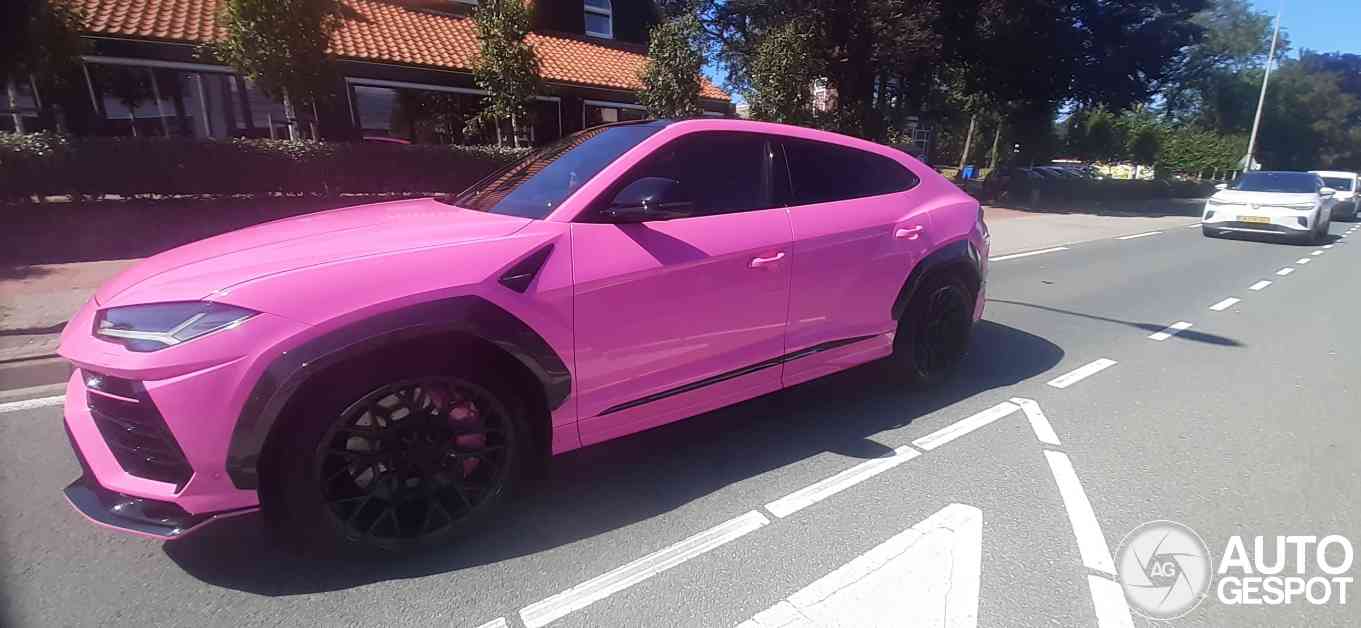They took over Instagram. Small pellets positioned on the arm, blood glucose sensors continuously measure blood glucose levels and promise, according to influencers who promote them, to monitor one’s diet or, for athletes, to improve their performance. Another nutrition gadget that will quickly measure the dust level of the drawer? The concern is that these sensors are a medical device intended for diabetics for whom the measurement of blood sugar is an imperative necessity. And not a “healthy trend” to get rid of a few pounds after the holidays… Diabetics are moved by it. The specialists, themselves, roll their eyes: because measuring yourself in this way, in particular to watch for your post-meal blood sugar peaks, is not of much use if you have no proven disorder.
“The blood glucose level is a remarkably regulated parameter in healthy people”, explains Professor Bruno Guerci, head of the endocrinology, diabetology and nutrition department at the University Hospital of Nancy. The key concept is that of the balance of the contributions made by the body throughout the day so that the brain, the organs and the muscles are correctly supplied with sugars, that is to say with energy.
” READ ALSO – Glucose Revolution: the method of a biochemist to counter the damage of sugar on health
How does it all work? On an empty stomach, the glucose level is between 0.7 and 1.1 g/l of blood, a stable level thanks to the action of the liver which stores and redistributes sugars according to needs. This organ is a real conductor! If blood sugar is too low, the liver releases glucose by letting go of its stores and then making sugar itself from amino acids. And when blood sugar levels rise at mealtimes after digested sugars find their way into the bloodstream, the liver replenishes its glucose resources. The pancreas must first trigger the secretion of a hormone, insulin, which promotes the absorption of glucose by the cells and its storage by the liver and the muscles.
When you are in good health, with a functioning liver and pancreas, blood sugar normally varies with the rate of food intake. It rises in a few minutes from the start of the meal, without exceeding 1.4 g/l, and then drops within two hours. The peak phenomenon is therefore physiological and has nothing to worry about. On the other hand, the situation becomes perilous when the body’s storage capacities are overwhelmed. This is the case for overweight people: insulin is produced in excess in order to be able to supply the accumulated fat cells with sugar. This ends up exhausting the pancreas, which is less and less efficient, and, after a while, the body becomes insulin-resistant.
It is for this reason that the first thing to monitor is overweight because obesity makes the bed of type 2 diabetes, where self-monitoring of blood sugar will become necessary. There are other high-risk situations: people with metabolic syndrome, marked by excessive waist circumference (greater than 94 cm for men and 80 cm for women), tension, detectable abnormalities blood test (triglycerides, cholesterol) ; women who had diabetes during pregnancy; heredity (a close diabetic relative); in total, that’s a lot of people, especially as the prevalence of overweight and obesity is increasing in France. This explains why medical and not anecdotal monitoring of blood sugar is recommended by the medical profession after 45 years. “At this age, these people have to take a blood sugar test every year. If there is no risk factor, every three years. No question of sensors: you need a blood test on an empty stomach. If the rate is greater than 1.1 g / l, it is prediabetes. If it reaches 1.26, measured twice, it is diabetes,” explains Bruno Guerci.
” READ ALSO – The CeeD: innovative research in the treatment of diabetes
A serious disease but with few symptoms that remains silent for a long time. “In 50% of cases of diabetes, the diagnosis is made at the time of complications, on cardiac function, the retina… Seven years lost on average”, laments the doctor. Also, instead of equipping yourself with a glucose sensor, and to avoid an insidious drift towards a permanently high blood sugar level, it is advisable to tackle the problem at the root, i.e. to opt for a balanced diet of the Mediterranean diet type, with quality proteins, carbohydrates and lipids. To limit processed foods and “additives” from industry and not to forget physical activity. Great for your liver and pancreas.




















